Last Updated on April 28, 2020 by Diane Hoffmaster
This post about the importance of community support in times of need is made possible with support from the American Academy of Pediatrics through a cooperative agreement with the Centers for Disease Control and Prevention. All opinions are my own.
The last few weeks have been incredibly challenging for many families. Whether you are out of work, trying to homeschool your kids, dealing with illness, or struggling through the loneliness of social isolation, this pandemic has had massive repercussions around the world.
Now, more than ever, we need to remember that no person (whether they are an adult or child) is an island. The importance of community support is more evident now than ever before. However, how do we find that support to help ourselves and our children through these troubled times? So that these weeks (or heaven forbid, MONTHS) of social isolation don’t cause lifelong trauma for ourselves or our kids?
Community support can make a big difference in the prevention of adverse childhood experiences (ACEs). We can use what we know about ACEs to set up the same type of support that can help us, both physically, and emotionally, get through this pandemic. (The pandemic itself is not technically an ACE)
Table of Contents
The Importance of Community Support
I am lucky to live in a very supportive community. During this stressful time when people are out of work, afraid to leave their home, sick, or otherwise struggling through this pandemic, I look around my neighborhood and my town and I see the support our community is offering and I am pretty amazed at humanity.

Community blood drives need your support!
From school buses delivering meals to kids at their bus stop to community blood drives and running errands for elderly neighbors, people are banding together to help those in need. It is a good reminder that support doesn't necessarily have to come from a 'person' but instead, it can come from an entire community or community organization.
Whether it is a neighborhood, church, or book club group, I would like to remind everyone that a community is important in times of stress. Whether you need to have basic needs met such as food or housing, or you just want to have a zoom meditation session with your girlfriends, finding support in your community is OKAY. No one should be trying to make it on their own right now! And today I’m going to provide some recommendations for how to overcome the stigma of asking for help.
Overcoming the Stigma of Asking for Help
I will be the first to admit that asking for help is not easy. Rather than look for support groups, I tend to feel like I should be able to do it all on my own. And I also know that realistically, I can’t always do that. For others like me, we must remember the importance of community support during this pandemic.
Whether you need monetary help paying bills or someone to run errands for you so you can stay indoors, learn to let go of that control. Because as an adult, it is up to us to make the hard decisions. And showing our children that asking for help is okay will teach them a valuable lifelong lesson. Not only will they learn to ask for help when THEY need it, but they will be more attuned to helping OTHERS in need when they see those people struggling as well.

Local Diaper Banks step up support during times of need.
Make Sure to Get Basic Needs Met First
The first thing you need to look for in community support groups is the basics. Human beings have some very simple basic requirements. And not having those basic needs met can easily lead to long-term trauma.
Turn to community food drives, school lunch programs, and even government food assistance programs to keep bellies full and meals on the table. Sometimes, getting a roof over your head or a doctor’s appointment will require applications for financial assistance from state or federal agencies. But sometimes, all it takes is a phone call to a friend or family member and admitting that you need help.

Community Easter Bunny Drive By Provides Stress Relief for Families
Don’t Neglect Mental Health
Just because your kid’s belly is full and they have a roof over their head, doesn’t mean that this social isolation isn’t traumatizing for them. Or for you, your spouse, your teenager, and your parents.
Finding emotional support and finding ways to have FUN during social isolation can be challenging. However, to avoid having this crisis leave long-lasting mental scars, don’t shove that stress and depression aside and ignore it. Look for little ways to find joy in your day-to-day life.
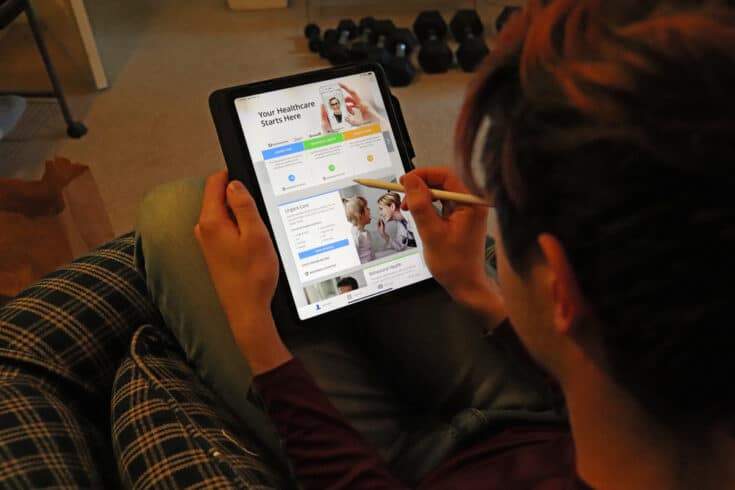
Call a local church and ask about online services if you need spiritual support. Many online community support groups can help guide you through the stress of having to abandon your normal routine. Look for online mental health therapy or just FaceTime with friends for a socially distant cup of coffee.
It may take time to find community-based support that helps. Set aside the less important things. The world won't end if the house doesn't get vacuumed or if you are eating cereal for dinner occasionally. Prioritize your physical and mental health now. Catch up on chores once this crisis has passed.
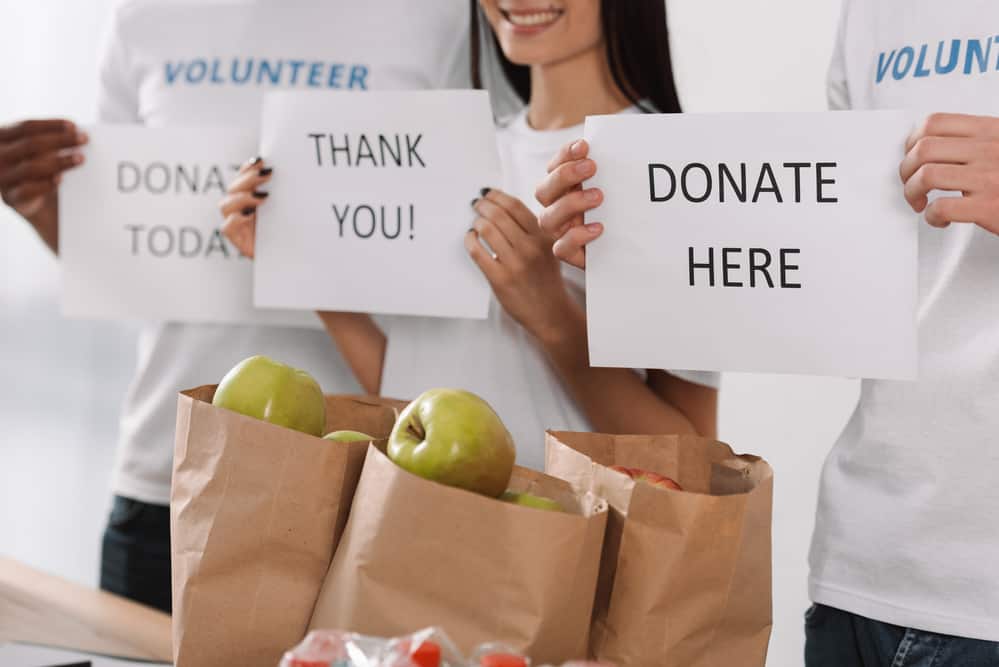
Become a Community Support Helper
These trying times will end. We will get over this pandemic and eventually life will go back to normal. Or, maybe a slightly new normal. When that happens, you will look back on these times and hopefully see the importance of community support in your life. Consider finding ways to become one of the helpers you turned to when you needed them.
Giving back to others brings joy into your life. Just like supportive community members made a difference in YOUR life, you hold the power to make a difference in someone else’s. And through small actions, you could help a neighbor’s family overcome their own challenges. So that a future crisis doesn’t lead to long term trauma in someone else's life. You can check out this post on Adverse Childhood Experiences to see just how childhood trauma can lead to long term emotional and physical problems later in life.
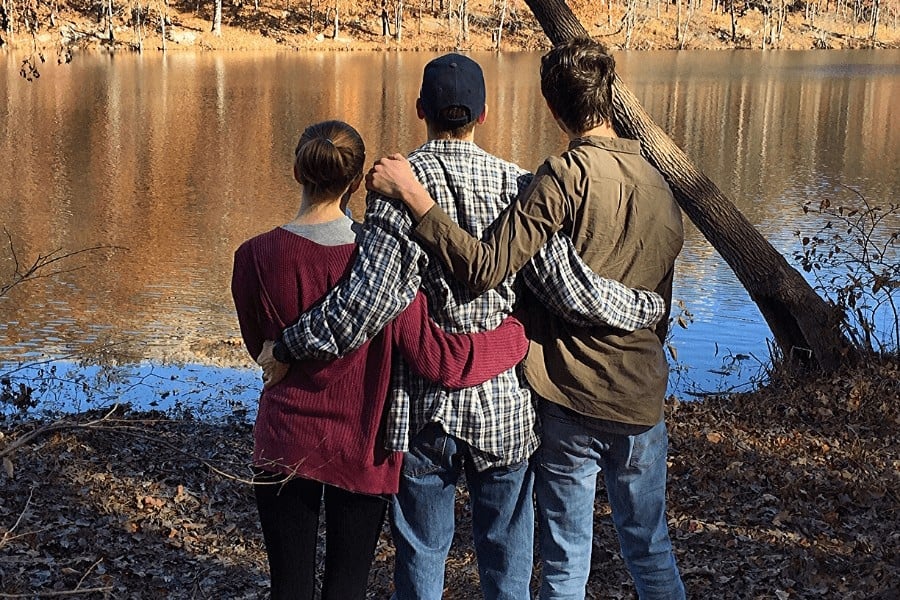
Find Your Three Now
While it would be nice to think that this is the only crisis our families will have to deal with, chances are, it won't be. And if you are struggling to find community support, make a plan NOW for the next traumatic event. Because creating safe, stable, and nurturing relationships and environments in childhood is essential to lifelong health and success as well as the prevention of ACEs.
Identify three community resources you can rely on to create a safe, stable environment for your family. Then, identify how you can also be part of someone else’s “three,” by providing vital support to others in your community. Make sure you get your kids involved in your efforts. Social good causes are a great way to raise a well-rounded teenager!
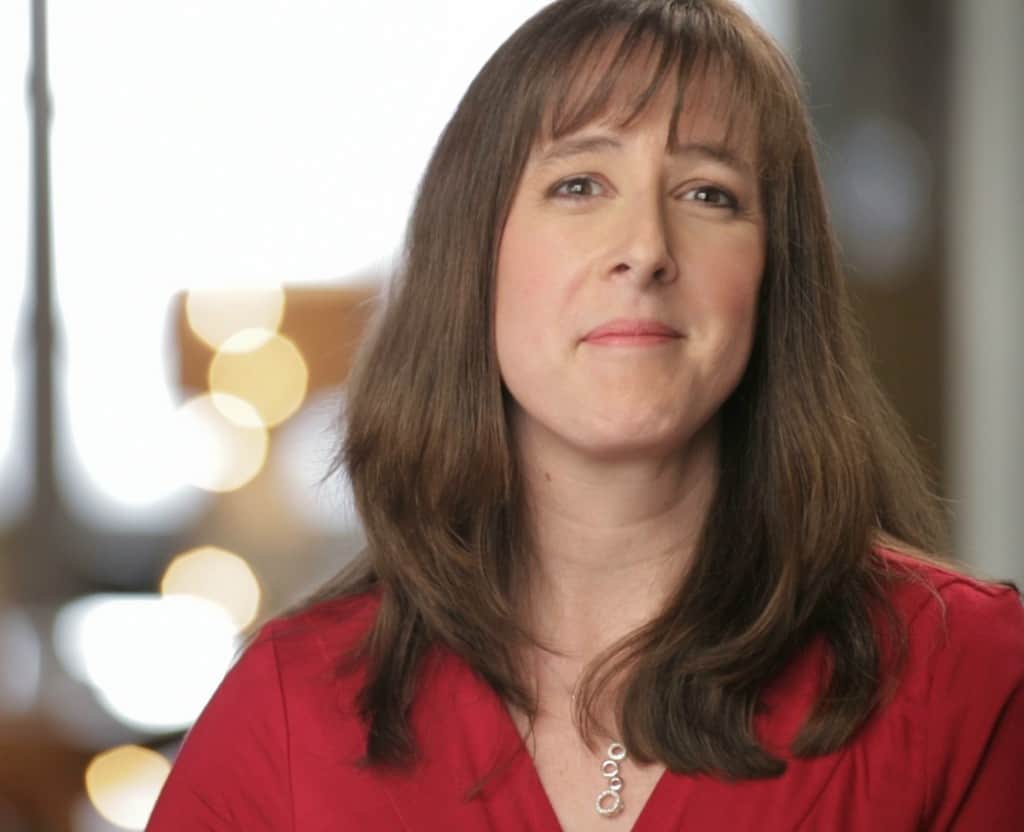
Diane is a professional blogger and nationally certified pharmacy technician at Good Pill Pharmacy. She has two college aged kids, one husband and more pets than she will admit to. She earned her BS in Microbiology at the University of New Hampshire but left her career in science to become a stay at home mom. Years of playing with LEGO and coloring with crayons had her craving a more grown up purpose to her life and she began blogging and freelance writing full time. You can learn more about her HERE.

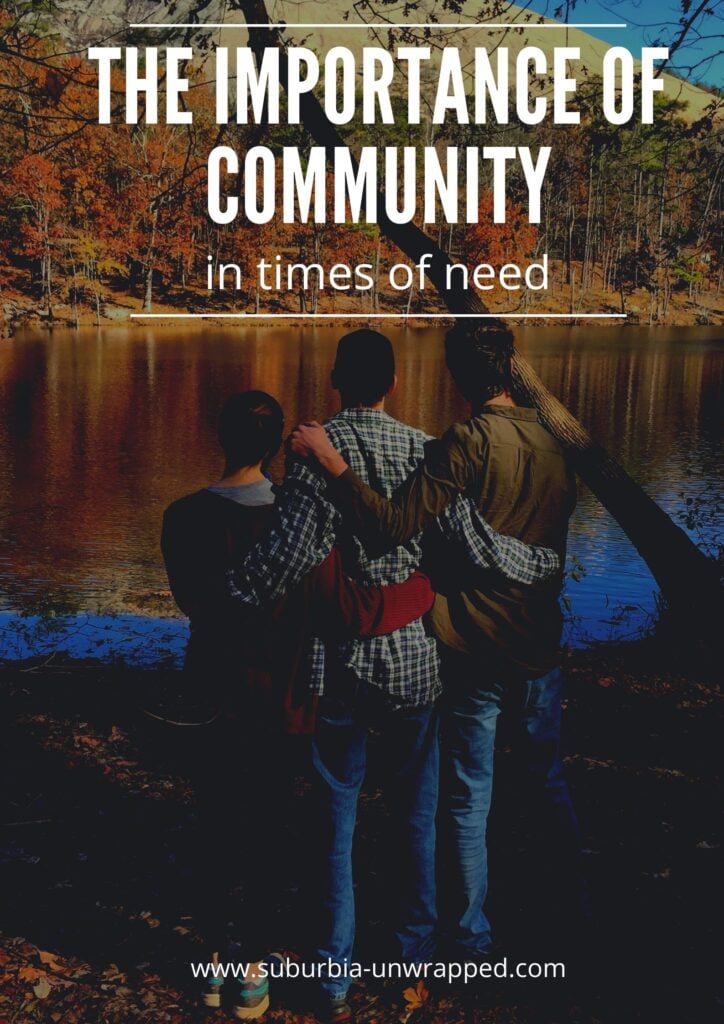
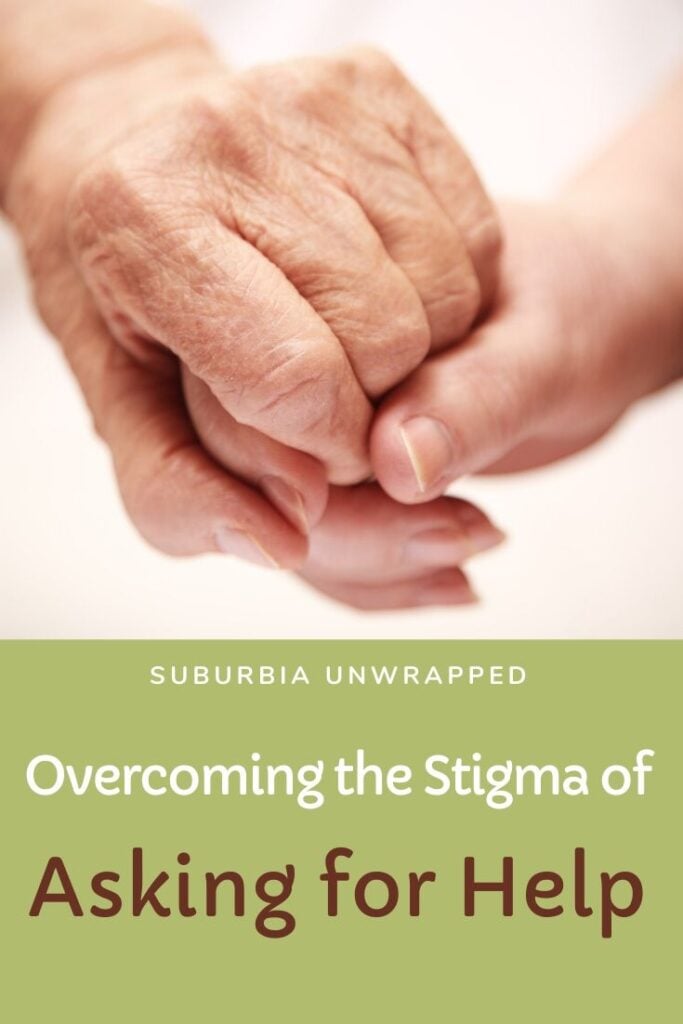
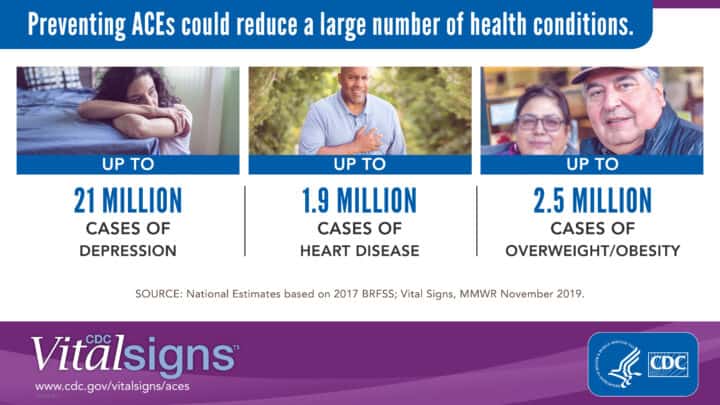


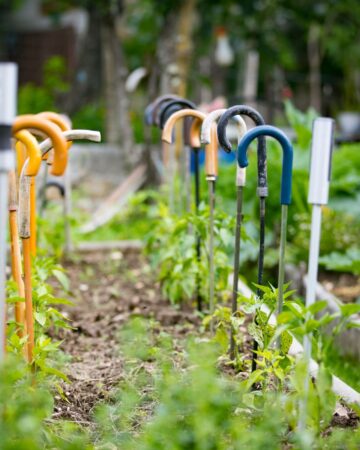

Leave a Reply